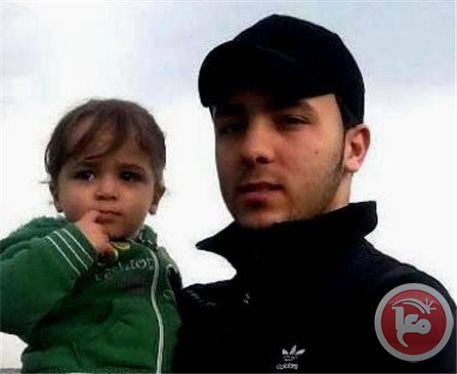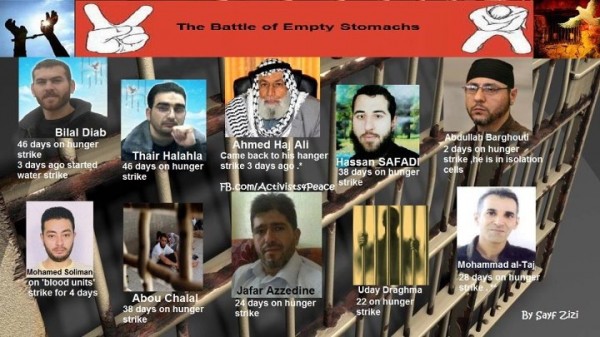20th August 2013 | Palestinian Centre for Human Rights | Jenin, Occupied Palestine
In an excessive use of lethal force, on Tuesday morning, 20 August 2013, Israeli occupation forces killed a Palestinian civilian and wounded 3 others, including 2 children, in Jenin refugee camp in the northern West Bank.

According to investigations conducted by the Palestinian Center for Human Rights (PCHR), at approximately 04:30 on Tuesday, 20 August 2013, Israeli forces in 12 military vehicles moved into Jenin refugee camp. They patrolled the streets and surrounded a house belonging to the family of Bassm al-Sa’di, a leader of Islamic Jihad. They then raided and searched the house. In the meantime, a number of Palestinian children and young men gathered and threw stones and empty bottles at the Israeli forces. Immediately, Israeli soldiers fired live ammunition, rubber-coated metal bullets, tear gas canisters and sound bombs at the stone throwers. As a result, Majd Mohammed Lahlouh al-Shahla, 21, was seriously wounded by a live bullet to the chest. He was evacuated to Dr. Khalil Suleiman Hospital in Jenin, but medical efforts to save his life failed. According to medical sources, the bullet entered al-Shahla’s right armpit and settled in his heart. Additionally, another 3 civilians, including 2 children, were wounded:
1- ‘Alaa’ Jamal Abu Khalifa, 17, wounded by a live bullet to the side;
2- Kareem Subhi Abu Sbaih, 17, wounded by a live bullet to the side; and
3- Hadi Jamal Lahlouh, 23, wounded by a rubber-coated metal bullet to the chest.
PCHR expresses deep concern for this crime which reflects the continued use of excessive force by Israeli forces against Palestinian civilians in disregard for their lives.
PCHR calls upon the international community to take immediate and effective actions to put an end to such crimes and reiterates its call for the parties to the Fourth Geneva Convention 1949 to fulfill their obligations under Common Article 1; i.e., to respect and to ensure respect for the Convention in all circumstances, and their obligation under Article 146 to prosecute persons alleged to commit grave breaches of the Fourth Geneva Convention. These grave breaches constitute war crimes under Article 147 of the same Convention and Article 85 of Protocol I Additional to the Geneva Conventions.





